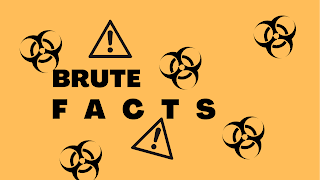Can The Transcendental Argument for Christian Theism Be Refuted?
The central claim of the Transcendental Argument for Christian Theism (TACT) is that Christian theism is transcendentally necessary . What this means is that Christianity is necessary for intelligible human experience to obtain. If human experience is intelligible, then Christianity must be true. This transcendental programme, as developed by Van Til and Bahnsen, is worldview-directed . That is, we are dealing with entire worldviews and not just isolated tenets or facts. So, it is the entire Christian worldview that is necessary for the intelligibility of human experience. Various arguments have been provided to support this central claim of the transcendental necessity of Christian theism (see: here , here , here , here , and here ). However, one may be inclined to ask what exactly would disprove this central claim and refute all the arguments that have been put forth in favor of it? The answer is simple. As it turns out, this central claim is so strong and ambitious that it is easy

